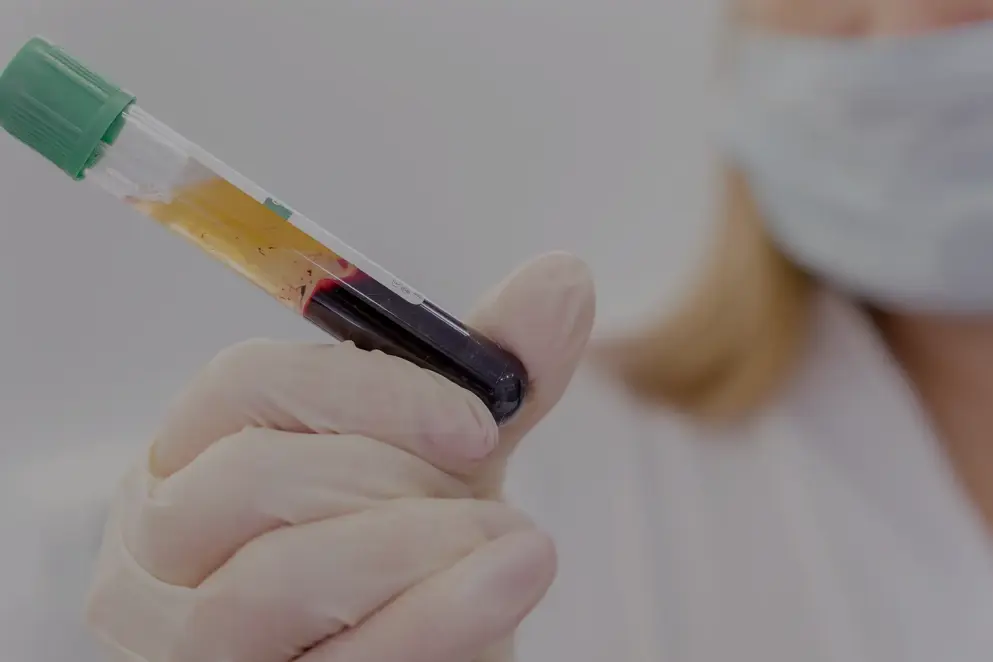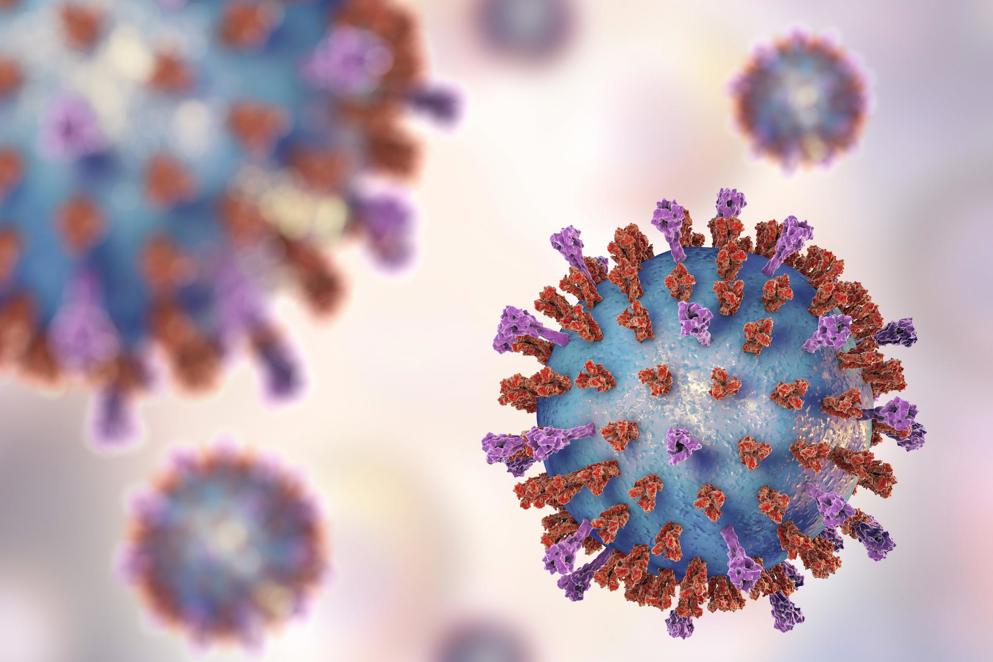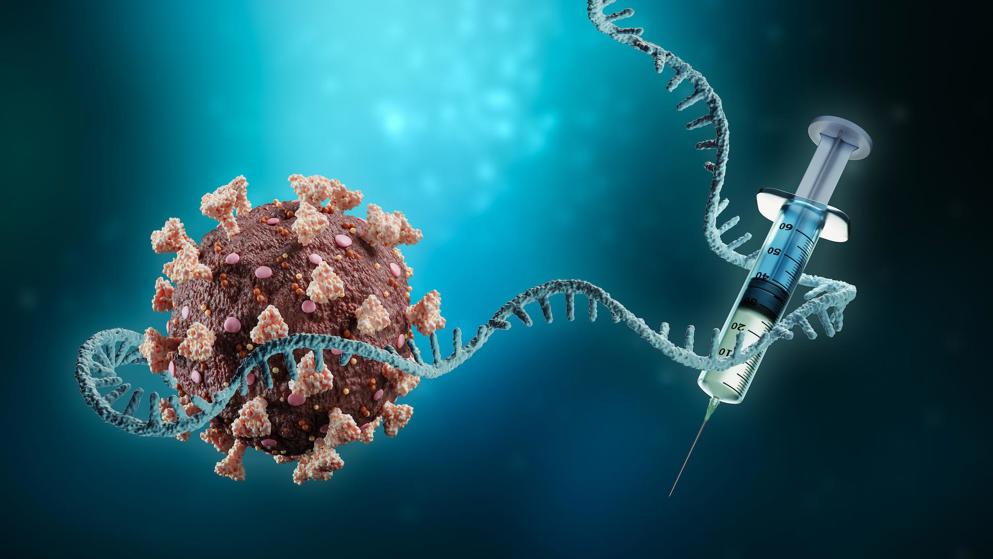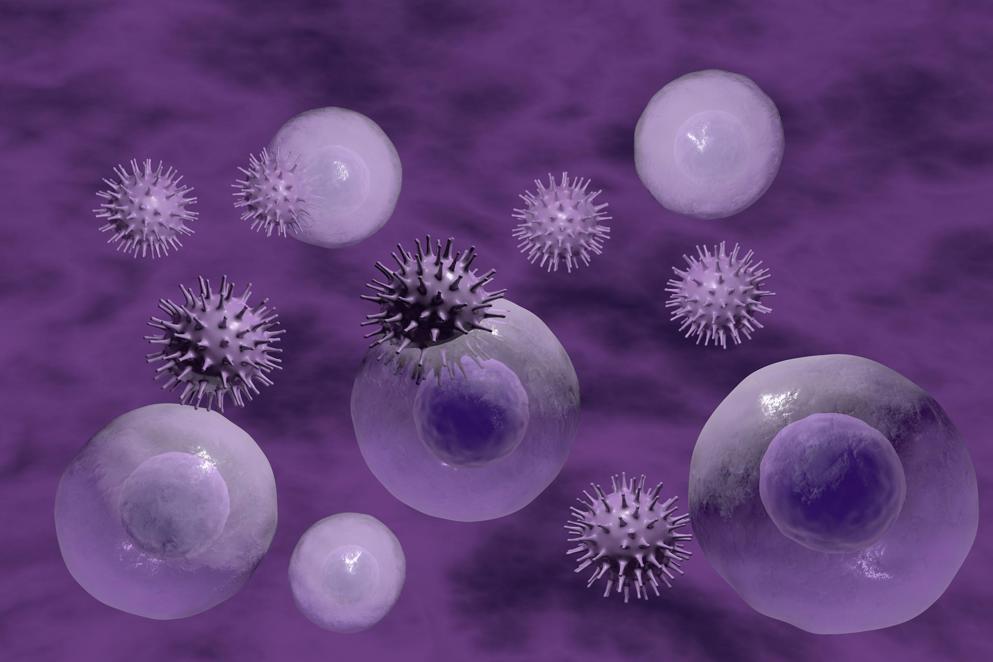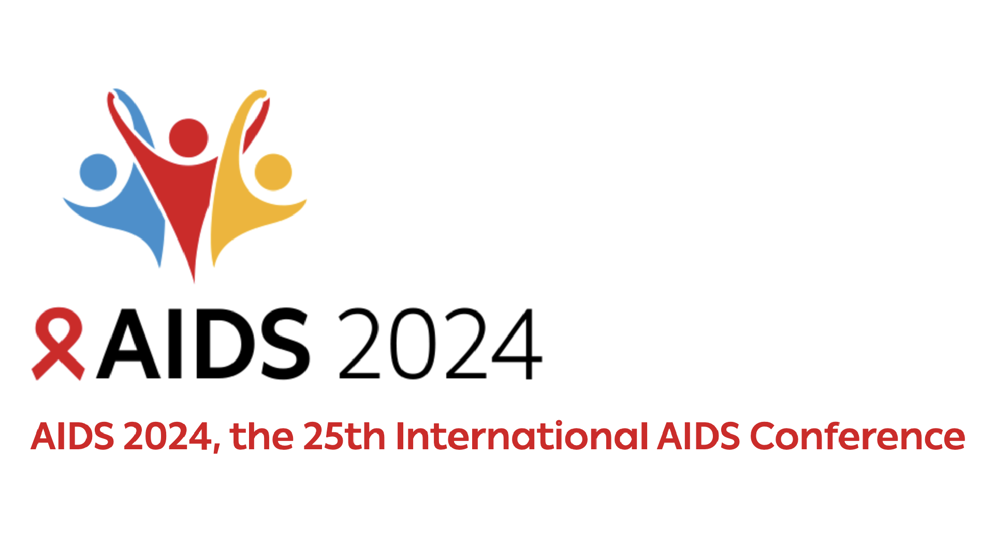
Infectious Diseases
What are infectious diseases caused by?
Infectious diseases are caused by pathogenic microorganisms, such as bacteria, viruses, parasites or fungi. They can be transmitted from person to person, by insects or other animals, or acquired by consuming contaminated food or water, or breathing in contaminated droplets in the air.
Common infectious diseases
Some of the more common infectious diseases include sexually transmitted diseases such as chlamydia, syphilis, HIV and herpes simplex 2; respiratory infections such as the common cold, influenza and COVID-19; and gastrointestinal infections including E.Coli, norovirus and salmonella.
Signs and symptoms of infectious diseases
Signs and symptoms for infectious diseases vary depending on the organism and site of infection but commonly include respiratory symptoms, gastrointestinal symptoms, fever, and fatigue. Severe infections may require hospitalisation and can be life-threatening.
Treatment of infectious diseases
Management strategies for infectious diseases vary depending on the infection. Some infections can be cleared completely with treatment, whilst some infections are managed in the long term without clearance. For instance, HIV can now be managed as a life-long chronic condition with an armamentarium of antiretroviral treatment (ART) combinations.
Preventing infectious diseases
Some infectious diseases can be prevented by vaccination. Indeed, immunisation programmes have greatly reduced the prevalence and burden of infectious diseases such as diphtheria, tetanus, pertussis, polio, influenza, and measles around the world. More targeted vaccination programmes include HPV vaccinations for cervical cancer in young women, and herpes zoster vaccination in the elderly.
Related news and insights
of interest
are looking at
saved
next event

